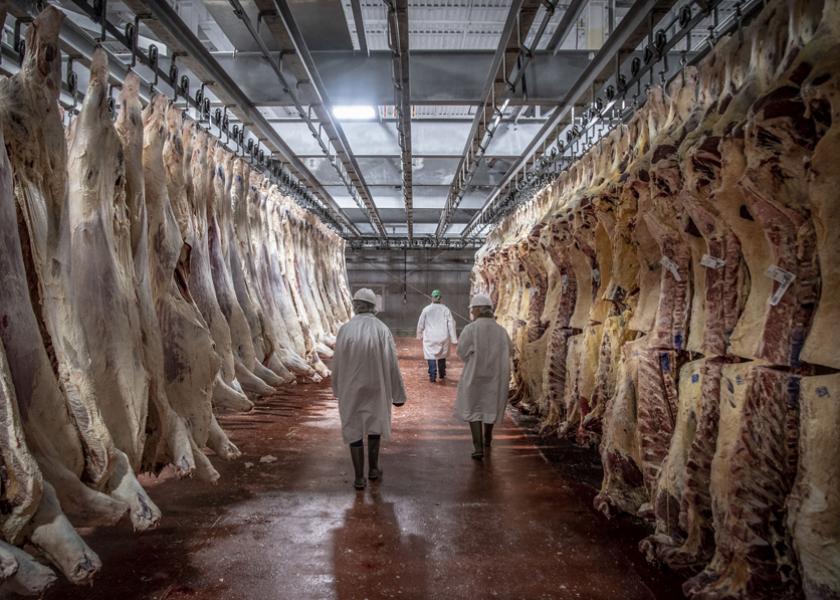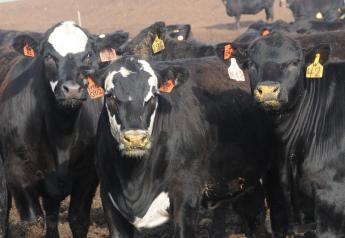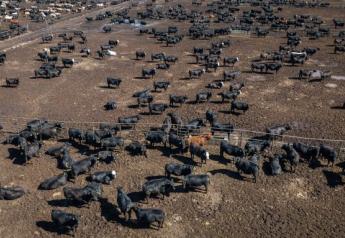Processing Plant Faces $200,000 Fine in Beef Grading Scheme

After pleading guilty to allegations of misrepresented beef grading records, Nebraska Beef Ltd. has agreed to pay a $200,000 fine, according to a plea agreement filed in September in the U.S. District Court of Omaha.
The Omaha, Neb., meat processing company is not new to the court system, as the case follows previous cases filed against two former employees (Dolese Tippery, an accountant and James Timmerman, chief financial officer), who faced probation and $1,000 fines earlier in 2022 for making false representations of inspection and grading of agricultural products, a Lincoln Journal Star article reports.
In 2016, USDA Agricultural Market Service graders inspected carcasses at the plant, finding more than 30 beef as “ungradable” and designated them “No-Roll” because of their age. Later, however, these carcasses appeared to have USDA “Prime” ink stamps.
Additionally, as early as 2012, correctly labeled boxes of beef, including “No-Roll” and “Select,” were transported to an off-site warehouse where employees would remove original labels and replace them with higher-grade labels, such as “Choice” and “Prime,” and return the boxes to the facility to be added to inventory, the Lincoln Journal Star reported.
In the plea agreement, Assistant U.S. Attorney, Donald Kleine said Nebraska Beef was served with a grand jury subpoena and ordered to produce grading records for 30 carcasses of beef.
To conceal the events, court records said, Timmerman altered the records while Tippery, aware of the relabeling, created false internal records to match before providing the information to the U.S. Attorney’s Office and the grand jury.
Nebraska Beef’s attorney, Joshua Weir, explains that a company must accept responsibility for the acts of its employees, even when contrary to the employer’s instructions or against policies.
"The former employee took this action unilaterally. The information was technical in nature and there was no economic or any other consequence of any type to any party. The negotiated agreement between the company and the government resolves all issues related to the case," Weir told Lincoln Journal Star.
The company may face up to five years of probation in addition to the fine, with sentencing set for November.







